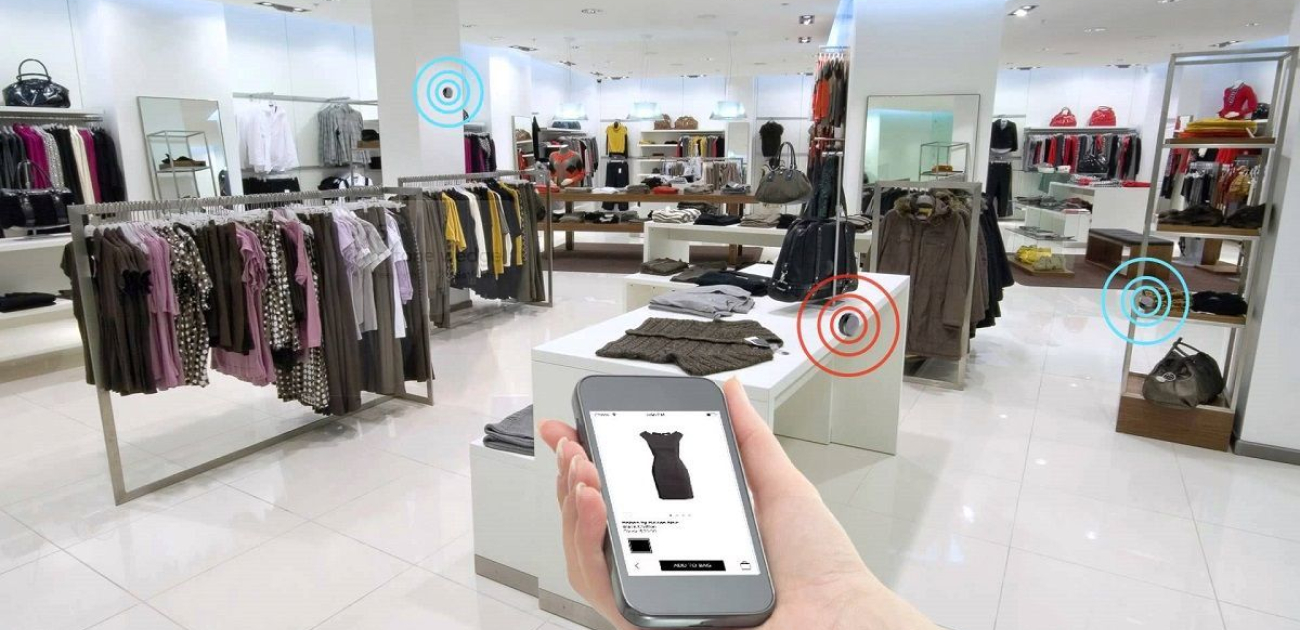New Experiences, New Retail Opportunities
Despite all of the noise about the rise of e-commerce and omni-channel distribution and the demise of brick-and-mortar, 85% of retail sales are still made in physical stores, and physical stores will continue to be at the core of retailers’ efforts to enhance their brands and drive sales.
That said, in light of the increased competition from e-tail, retailers have increasingly been turning to “experiential retail” as a way to leverage the value of their physical stores. Simply, experiential retail provides customers with a positive experience to support sales. More strategically, experiential retail is about re-thinking the ways that retailers use their physical stores to differentiate themselves from competitors by providing non-monetary value to customers while at the same time increasing the likelihood that customers purchase full price goods.
One experiential retail strategy encourages customers to engage with and experience a retailer’s products. In addition to allowing customers to play with products in their stores, Apple offers programs to encourage teachers and students to use Apple products for educational purposes. REI offers outdoor classes for consumers to use their products to kayak or paddleboard or cross country ski in real world settings outside of the store. Toys R Us is planning to emerge from bankruptcy and invest heavily in re-designing its stores into “interactive spaces” with party rooms inside stores for people to gather and where children can play with the latest toys.
Another strategy aims to draw customers by providing experiences which support the retailer’s brand, but with no explicit tie to the goods they sell. Urban Outfitters’ store in New York’s Herald Square has one of New York’s first branches of Intelligentsia Coffee, an upscale third wave coffee purveyor, and the New York outpost of Hairroin, a famous Los Angeles hair salon. Whole Foods opened a new store in City Center Philadelphia with a bar and food court focusing on local Philadelphia restaurants, including, among others, a branch of Dizengoff, a hip and high quality fast-service hummus and pita restaurant.
Experiential retail strategies focus on making the shopping experience more appealing to customers, but there is no single best practice. Each retailer should carefully develop its own strategy to support its business plan and the core attributes of its brand.
When implementing a new experiential retail program, retailers should carefully review their leases to determine permitted uses. Retailers may also wish to engage their landlords directly with these efforts, as many landlords are using entertainment and events to draw retail traffic and there may be ways for retailers and landlords to create synergies that further enhance the appeal of physical stores.
Do you want more information?
 George W. Evans
George W. EvansMr. Evans is an associate in the firm's Real Estate group, and focuses his practice in the areas of real estate and real estate finance. George represents owners, operators, developers, lenders, borrowers, landlords, tenants and investors in sales, acquisitions, financings and leases of medical, residential and commercial properties across the United States.

